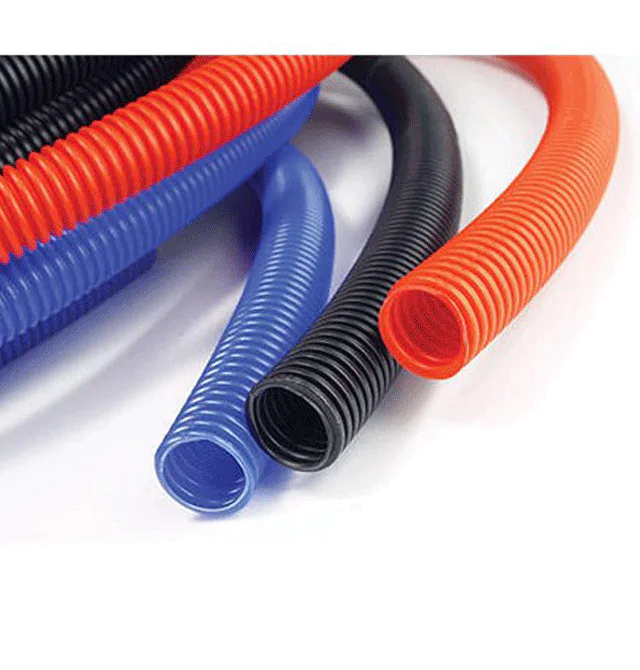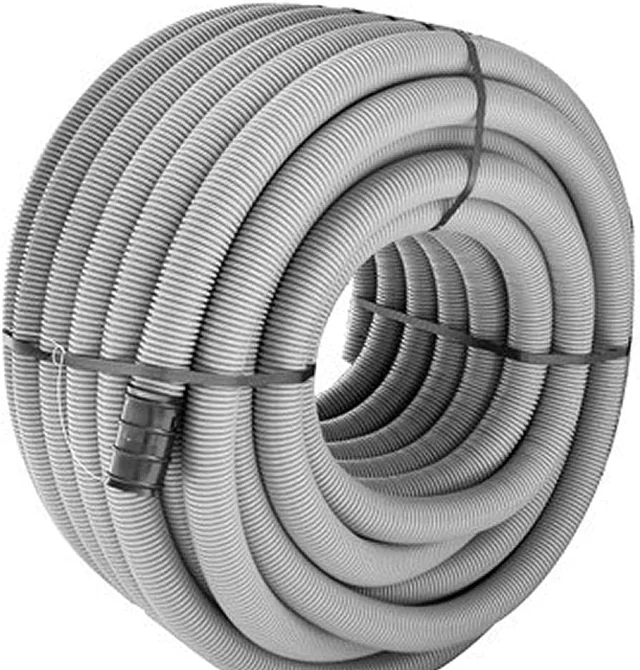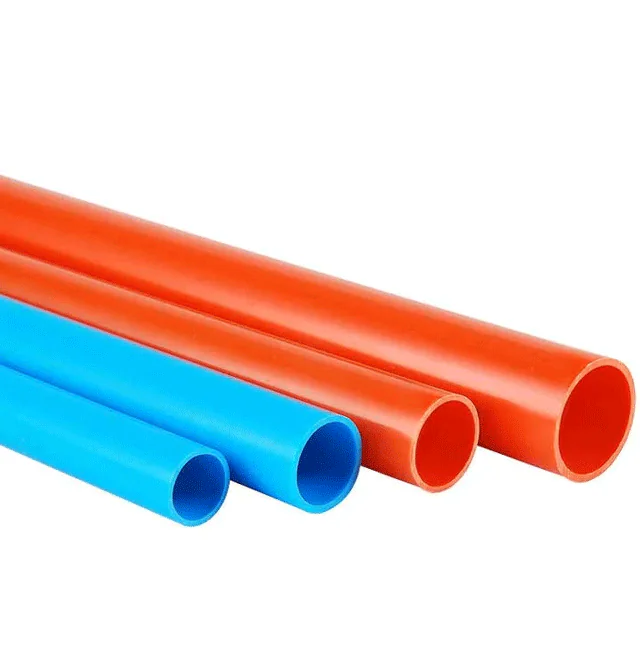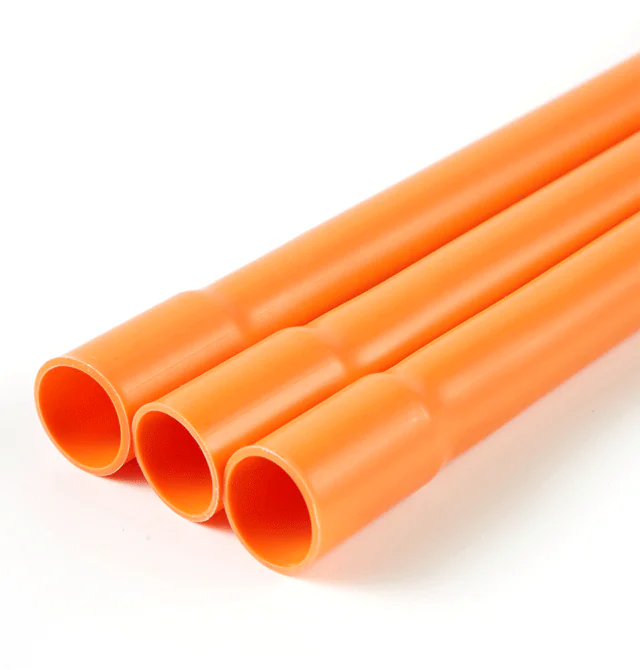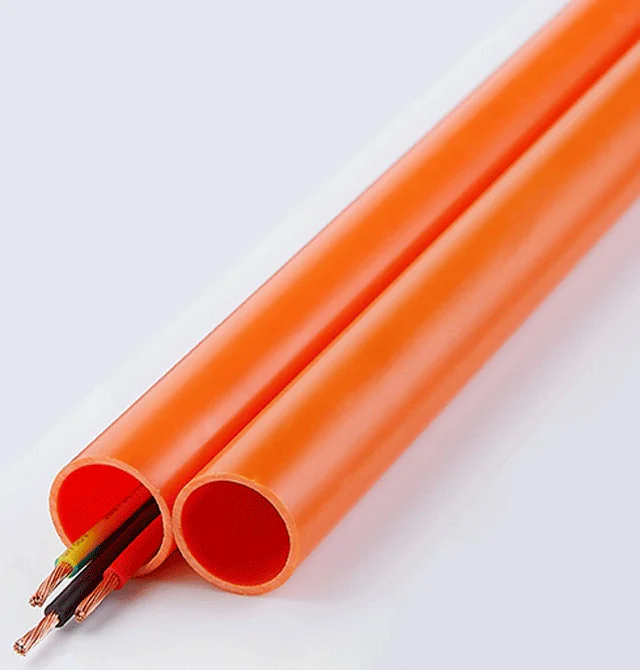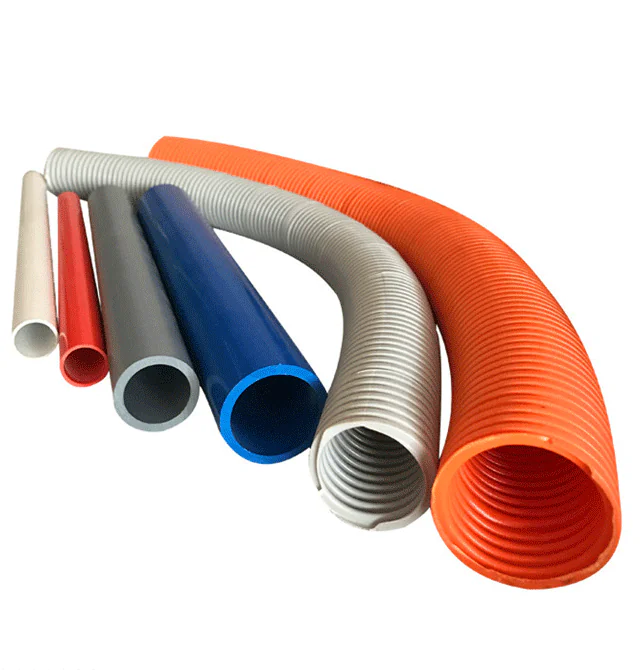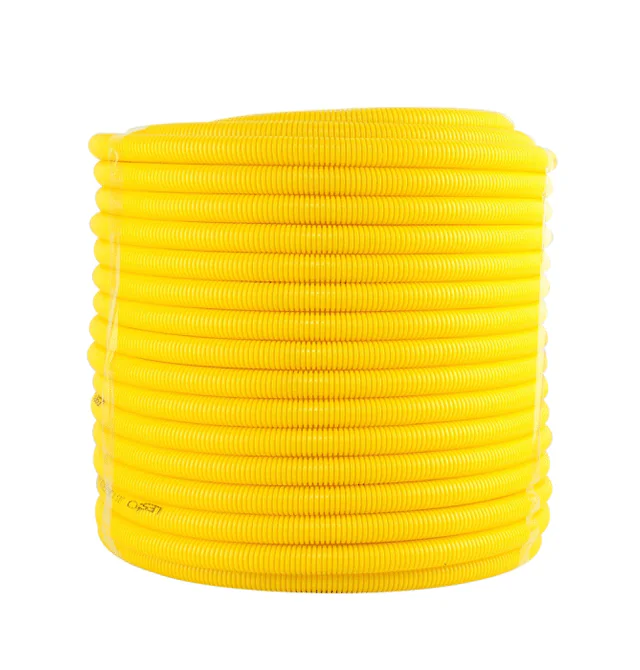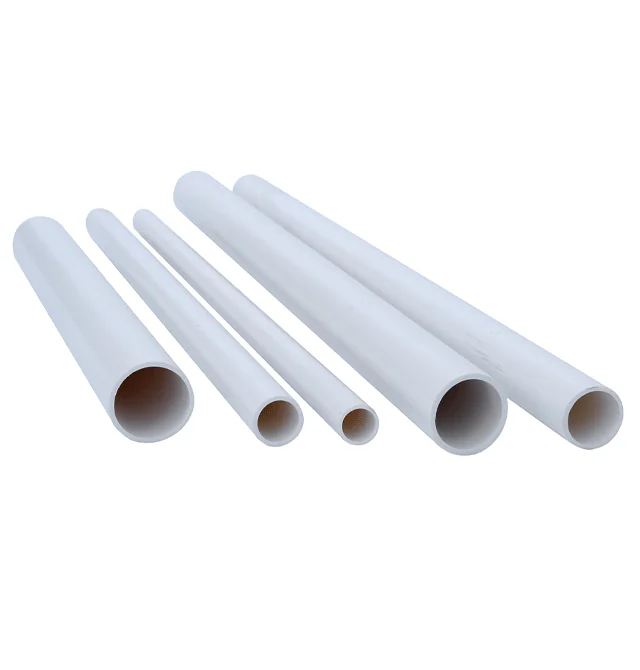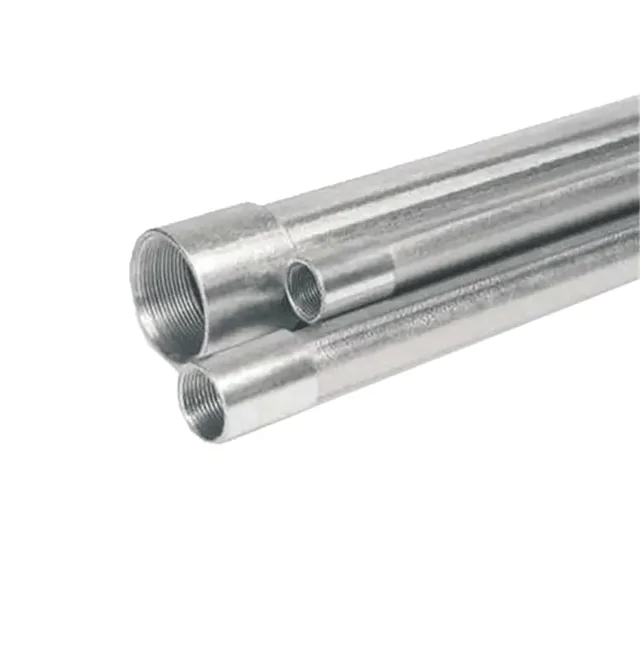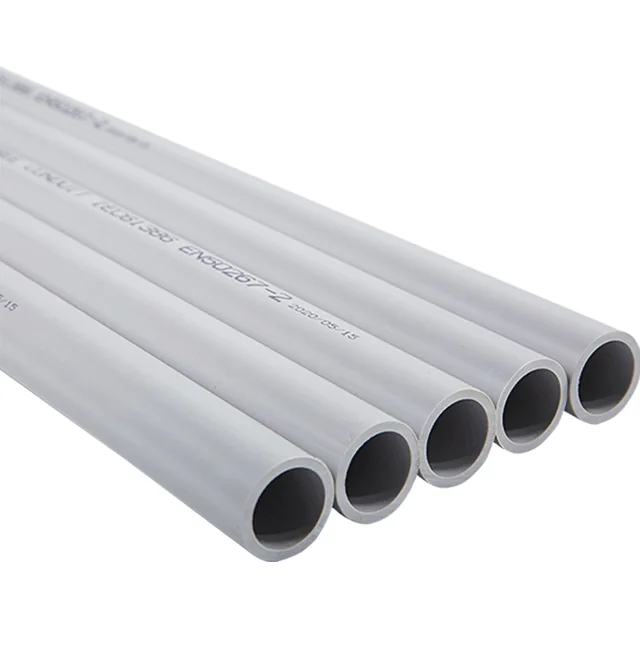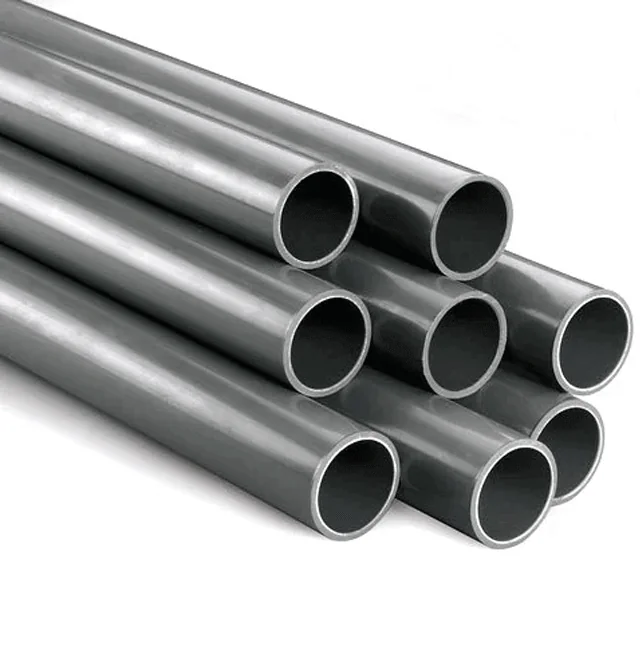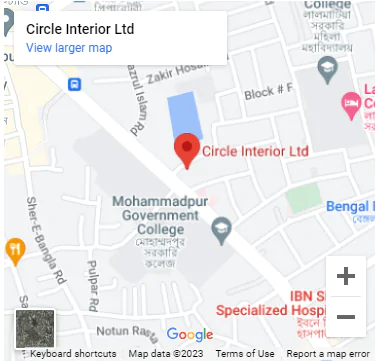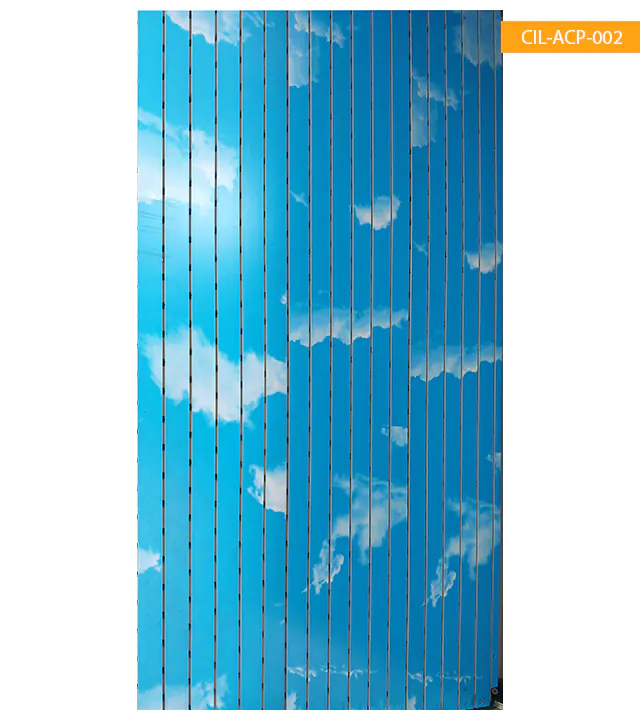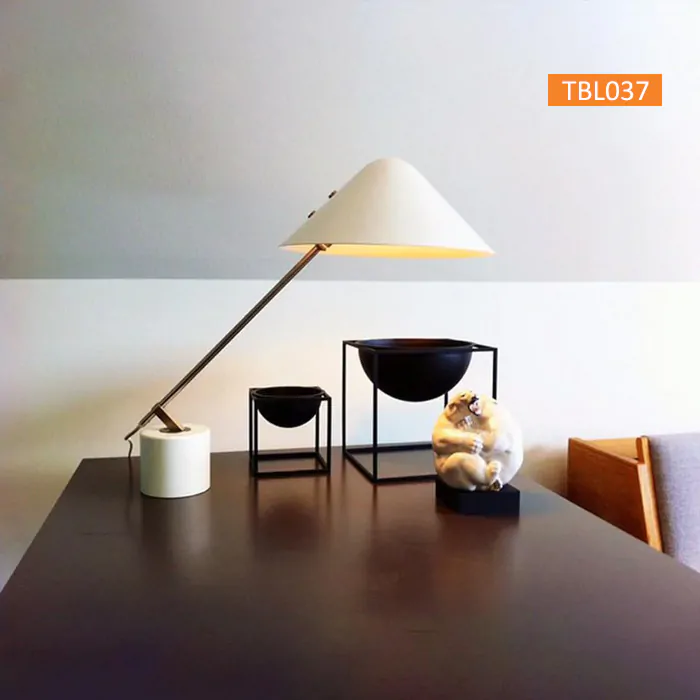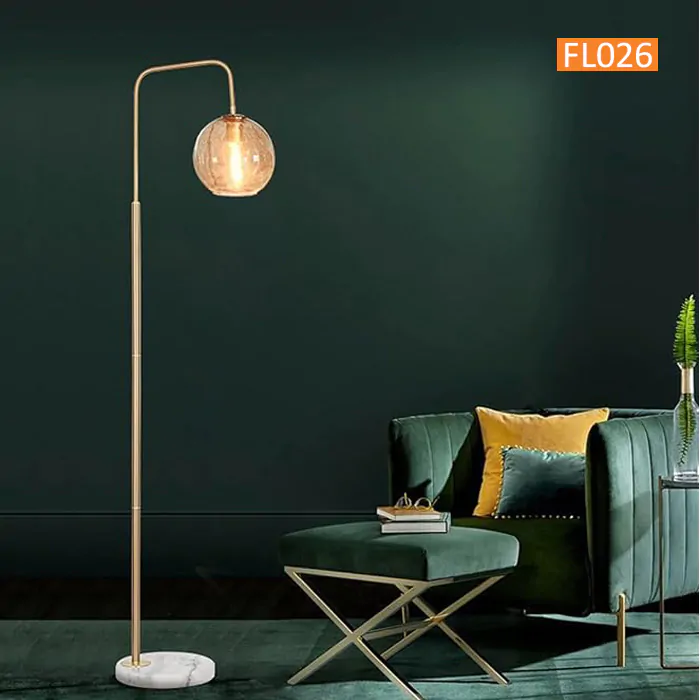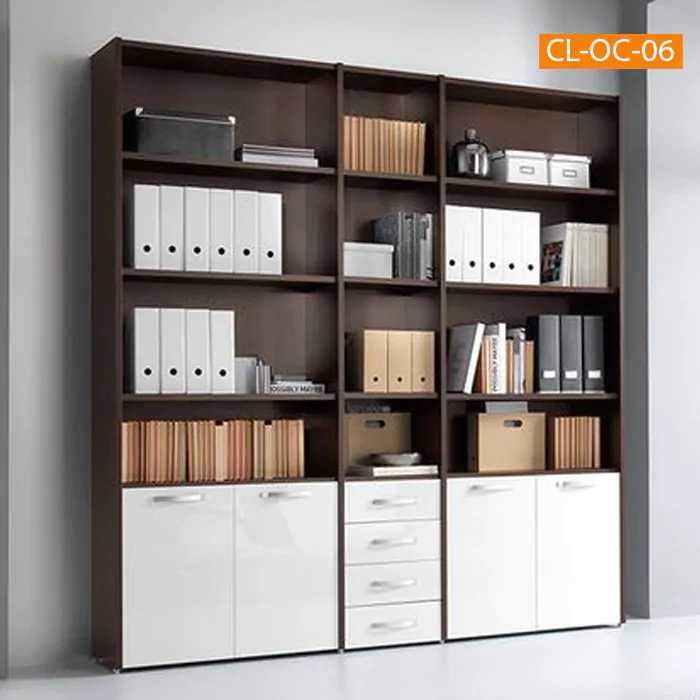0.0 ( 0 Review )
Electrical Conduit Pipe Price In Bangladesh
Our Clients

NTMC

Toma Group

Flora Limited

Data Color Ltd

Ms. Tonima Fersous Lira

Ms. Asha

Mr. Masud Alam

NTMC

Toma Group

Flora Limited

Data Color Ltd

Ms. Tonima Fersous Lira

Ms. Asha

Mr. Masud Alam
Size
Electrical Conduit pipes are used to protect and route electrical wiring in buildings and other structures. The most commonly used sizes for conduit pipes are ½ inch, ¾ inch, and 1 inch in diameter. Large sizes, such as 1 ¼ inch, 1 ½ inch, and 2 inches are also available for larger wire runs. The size of the conduit pipe is also influenced by the type of wire and the electrical code requirements for the installation. It is important to remember that the correct size of conduit pipes for any specific installation must be chosen carefully. Importer In Bangladesh imports different sizes of pipes as per demand.
Types
There are several types of Electric Conduit Pipe available, each with its unique features and benefits. PVC conduit is the most usable PVC Pipe as it is lightweight, easy to install, and affordable to all. A rigid metal conduit is a thick-walled steel conduit that provides excellent protection for electrical wiring. Electrical metallic tubing is a thin-walled steel conduit that is easy to bend and install. Flexible Conduit Pipe is suitable where flexibility is needed. Intermediate Metal Conduit Pipes are suitable for thicker walls and are used in industrial outdoor applications. The price In BD of Flexible Pipe can up or down due to market demand.
Materials
Electrical Pipe For House Wiring In Dhaka can be made from various materials. Polyvinyl is used to make PVC conduit, it is lightweight and easy to install. Steel is a rigid and durable material for electrical conduit. Steel conduit is available in various sizes. Aluminum is a lightweight and corrosion-resistant material that is used to make conduits that are used in outdoor applications. Fiberglass is also used as material for CPVC Pipe, and conduit pipe and, is mainly used in areas where moisture and extreme temperature are a concern. Nowadays Plastic Conduit pipes, GI Conduit Pipes, and UPVC pipes also become popular. Supplier In Bangladesh providing these pipes as per demand.
Thickness
Electrical Conduit pipes are used to protect and route electrical wiring in buildings and other structures. The thickness of the pipes depends on the materials and specific use of them. In general, the thickness of conduit pipes can range from 0.8mm to 6mm, with thicker pipes being used for heavier-duty applications. The thickness of the pipe walls is also a factor in determining the conduits’ durability and resistance to impact and compression. You can purchase different types of pipes In Dhaka.
Standard Compliance
PVC conduit pipe is an essential component of electrical systems, and they must meet specific standards to ensure their safety and effectiveness. In Bangladesh, the authority responsible for giving permission for electrical conduit pipes and related electrical installations is the Bangladesh Fire Service and Civil Defence (BFSCD). They are responsible for ensuring the safety and compliance of electrical installations in various buildings and structures across the country. Seller in Bangladesh sells different types of conduit pipe which is approved by BFSCD.
Fittings
Floor Wiring Pipe is typically joined together with fittings, Pipe Connectors, CPVC Fittings, and Bathroom Fittings which are specialized components designed to connect Plastic Pipe and secure the conduit in place. Couplings are fittings that connect two lengths of conduit. Connectors are similar to couplings but are designed to connect conduits to other boxes or devices. PVC Elbow is fittings that allow conduit to bend at an angle. They come from various angles. Tees are fittings that allow conduit to be split in two directions. They are typically used in junction boxes. Bushings are used to protect the end of the Conduit Under Driveway Pipe from damage.
UV and Flame Resistant
UV and flame-resistant properties are important when choosing electrical conduit, especially when the conduit is installed in outdoor or high-temperature environments. These are commonly used in solar installation, outdoor lighting systems, and outdoor electrical projects. Flame-resistant properties are needed where there is a risk of fire. For example, in commercial kitchens, laboratories, or factories. Nylon and fiberglass conduit materials are treated with fire-retardant chemicals to make them flame resistant.
Temperature Rating
The temperature rating capacity of a Sprinkler Conduit Pipe will depend on several factors such as the type of material used to make the conduit, the thickness of the wall, the size of the conduit, and the environment in which it will be installed. PVC pipe typically has a temperature rating of 60 degrees Celsius to 80 degree Celsius depending on the type and the thickness of the conduit. Steel conduits have a temperature rating of 105 degrees Celsius liquid tight flexible metal conduit while rigid steel conduit has up to 75 degree Celsius. The aluminum conduit has a temperature rating of 90 degrees Celsius.
Colors
The most common colors for electrical conduit are gray, white, and black. Gray is the most traditional and widely used color while white and black are often used for specific applications or to match the color scheme of the surrounding area. Other colors, such as blue green, and orange may also be used to identify specific types of wiring or to indicate the presence of specific hazards. Also, they are used as signage for special applications such as red for fire alarms, green for grounding, and orange for high voltage wiring.
Frequently Ask Questions
What is a conduit pipe?
A conduit pipe is a protective tube-like structure used to protect and route electrical wiring in a building or structure. It is typically made of metal or non-metallic materials and provides a physical barrier between the electrical wiring and the surrounding environment. The primary purpose of an Electrical Conduit Pipe is to protect the electrical wiring from damage and corrosion, to reduce the risk of electrical fires, and to ensure compliance with building codes and safety regulations.
What materials are conduit pipes made of?
Electric Conduit Pipe can be made from a variety of materials, including metal and non-metallic materials. Metallic conduit pipes are typically made from steel, aluminum, or copper, and offer high durability and resistance to physical impacts and electromagnetic interference. Non-metallic conduit pipes are made from materials such as PVC, or fiberglass, and offer lightweight and flexible options that can be easily installed and molded to fit complex routing requirements. Some conduit pipes are also made with a combination of materials, such as Metal Conduit Pipe and PVC, to provide a balance of durability and flexibility.
What are the different types of conduit pipes?
There are several types of conduit pipes, including rigid metal conduit, intermediate metal conduit, electrical metallic tubing, flexible metal conduit, electrical non-metallic tubing, Plastic Conduit Pipe, and PVC conduit.
Why are conduit pipes used?
Flexible Conduit Pipe is used to protect and route electrical wiring, which helps to prevent damage to the wiring and improve electrical safety. Conduit pipes can be used in a wide range of applications, including residential, commercial, and industrial buildings, as well as outdoor and underground installations.
What are some common applications of conduit pipes?
Conduit pipes are commonly used in a wide range of applications across various industries. In residential buildings, conduit pipes are used to protect and route electrical wiring from the main service panel to outlets, switches, and lighting fixtures. In commercial and industrial buildings, Electrical conduit pipes are used to protect electrical wiring from damage and corrosion, particularly in areas where the wiring may be exposed to physical impacts or moisture. Outdoor and underground installations also use conduit pipes to protect electrical wiring from the elements and potential damage from excavation or construction work. Importer In Bangladesh imports common applications of conduit pipes.
How are conduit pipes installed?
Conduit pipes are typically installed by running them through walls, ceilings, or floors and securing them in place with mounting brackets or other hardware.
What are the benefits of using conduit pipes?
Some of the benefits of using conduit pipes include improved electrical safety, protection against damage and corrosion, and easier identification and replacement of wiring.
How are electrical GI pipes maintained?
GI conduit pipes should be inspected regularly for damage or corrosion, and any issues should be repaired promptly. In addition, it’s important to ensure that the conduit is properly grounded to prevent electrical hazards. Some reputed GI pipes Provider In Bangladesh trying to meet the demand for these pipes.
What are some common problems with conduit pipes?
Some common problems with conduit pipes include Metallic conduit pipes can corrode over time, which can lead to weakened structures and electrical shorts. Conduit pipes can become obstructed with debris or foreign objects, which can impede the flow of electrical current. Conduit pipes can be damaged by physical impacts, exposure to extreme temperatures, or improper installation, leading to cracks or leaks. Using the wrong type of conduit pipe or fittings can cause compatibility issues and increase the risk of electrical hazards.
How can I choose the right type of Sprinkler Conduit Pipe for my needs?
To choose the right type of conduit pipes, consider factors such as the size and type of wiring being used, the environment in which the conduit will be installed, and any applicable building codes or regulations.
What is the difference between rigid metal conduit (RMC) and electrical metallic tubing (EMT)?
Rigid metal Electrical conduit pipes are thicker and heavier than EMT and are typically used in industrial and commercial applications where wiring needs to be protected from damage. EMT is thinner and lighter and is commonly used in residential and commercial applications.
What is the maximum number of wires that can be installed in a conduit pipe?
The maximum number of wires that can be installed in an Electrical Pipe For House Wiring In Dhaka depends on the size of the conduit and the size of the wires being used. In general, the more wires that are installed in a conduit, the more difficult it may be to install or replace them in the future.
How do you make bends in conduit pipes?
Bends in conduit pipes can be made using special tools such as conduit benders or by cutting and joining sections of conduit at angles. The minimum bend radius for conduit depends on the size and type of conduit being used.
Can conduit pipes be used for outdoor applications?
Yes, some types of conduit pipes are designed specifically for outdoor use and are resistant to moisture, corrosion, and UV radiation. Examples include PVC conduit and HDPE conduit.
Are there any safety precautions that should be taken when working with conduit pipes?
Yes, when working with Floor Wiring Pipes, it is important to follow appropriate safety precautions, such as wearing appropriate personal protective equipment (PPE), ensuring that the conduit is properly grounded, and avoiding contact with live wires or other electrical hazards. It is also important to follow applicable building codes and regulations.
Can conduit pipes be used for low-voltage wiring?
Yes, Electrical conduit pipes can be used for low-voltage wiring, such as data cabling and telecommunications wiring. However, it is important to use appropriate conduit sizes and materials for the specific application.
What is the difference between PVC conduit pipe and EMT?
PVC conduit is a type of plastic conduit that is commonly used in residential applications, while EMT is a type of metal conduit that is commonly used in commercial and industrial applications. PVC conduit is lighter and easier to work with than EMT, but it is not as durable. Seller in Bangladesh sells both PVC & EMT conduit pipe.
How do your secure conduit pipes to walls or ceilings?
Conduit Under Driveway Pipe can be secured to walls or ceilings using conduit straps, conduit hangers, or other mounting hardware. The specific method used will depend on the type and size of the conduit, as well as the construction material of the wall or ceiling.
Can conduit pipes be used for underground applications?
Yes, conduit pipes can be used for underground applications, such as buried wiring or conduit installed beneath concrete slabs. However, it is important to use appropriate conduit material and to follow applicable building codes and regulations.
What is the purpose of conduit fill calculations?
Conduit fill calculations are used to determine the maximum number of wires that can be installed in a conduit of a specific size and material. This is important to ensure that the conduit is not overloaded and that there is sufficient space for future wire additions or replacements.
Product Reviews
Ms. Tonima Fersous Lira
From Mirpur, Dhaka on 16th October, 2021
Easy to communicate and Seller is really helpful, I am very satisfied with the quality of each product.
Submit Your Review

Amena Khatun Shazia
Executive, Sales & Marketing
- House # 6/20 (1st Floor), Block # E, Satmasjid Road, Lalmatia, Dhaka1207
- Today Open 09:00AM
- 06:00PM
Office Amenities

Accepts Card Payment

Bike Parking Facilities

Car Parking Facilities

Place For Namaz

Wireless Internet
Products specification
Origin
China
Specification
16mm to 50mm
Color
Random
Material
PVC, Metal
Section Shape
Round
Application
Factory, Building
Related Products
0.0 ( 0 Review )
0.0 ( 0 Review )
0.0 ( 0 Review )
0.0 ( 0 Review )
0.0 ( 0 Review )


